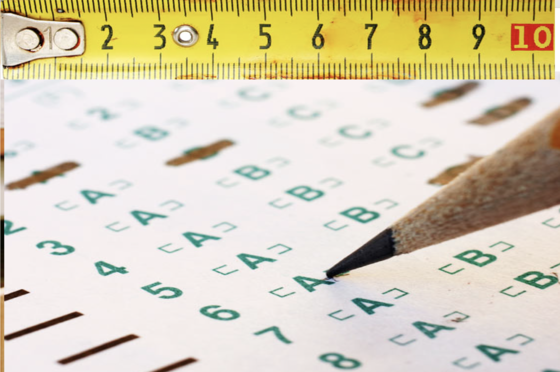Given the significant role that tests play, the term self-assessing reader might conjure up notions of readers as test takers, perhaps employing some of the strategies used to excel at selecting an answer from multiple choices or generating a favorably scored response. Indeed, test-taking ability, as instantiated in the notion of a savvy test-wise student, entails the notion of a self-assessing reader, but in a fashion that is limited. We prefer to view the self-assessing reader as a person who employs a range of strategies and practices as they engage in various literate activities—in ways that are purposeful and strategic—bordering almost on the idea of a reflective (thoughtful) or reflexive (turning the assessment lens inward to becom self-evaluative) reader. This includes drawing on multiple forms of awareness, judgemental abilities, and attitudes as they formulate and initiate appropriate engagements, and applying criteria selectively as they continue to examine and judge plans, efforts, and progress.
...

